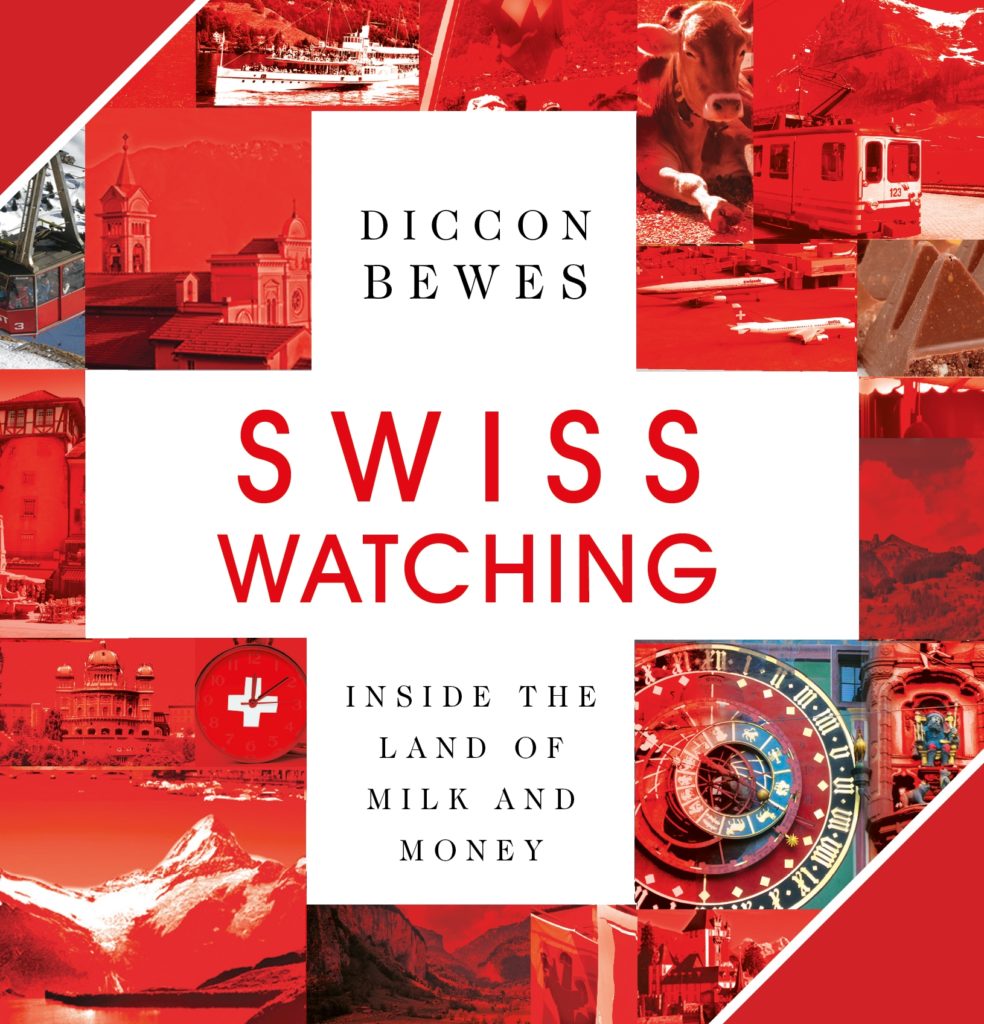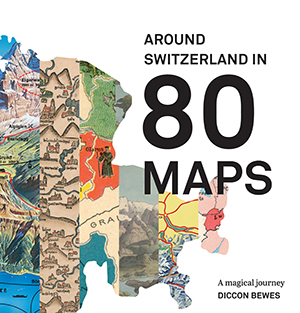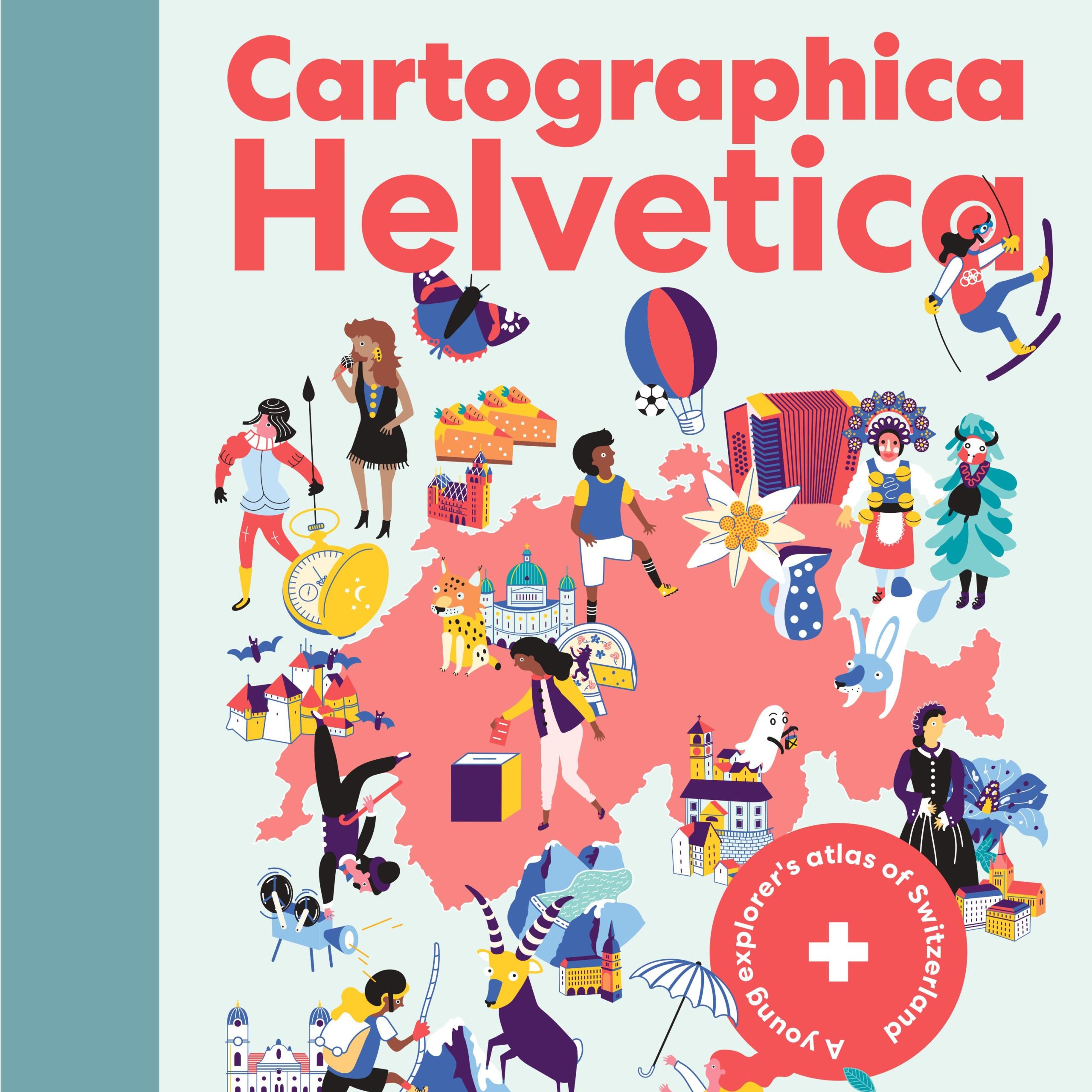The Swiss at Eurovision for 60 years
May 10, 2016, 1 Comment
It all began in Lugano in May 1956, when Switzerland hosted the first ever Eurovision Song Contest. Seven countries took part, each of them submitting two songs, and there were no nul points. And the winner was… Switzerland with Refrain from Lys Assia.
Since then Switzerland has competed in 56 Song Contests (missing out four times when it was relegated) but it hasn’t been an easy ride for the Swiss. After that first win Switzerland was twice as runner-up and never out of the Top Ten.
Then came 1964. The infamous nul points claimed its first Swiss victim (Anita Traviersi with I Miei Pensieri), and then its second three years later (Géraldine with Quel Coeur Vas-tu Briser?). It took the Swiss ages to recover.
Full on Swissness arrived in 1977, when the Pepe Lienhard Band threw in piccolos, yodelling and an alphorn – and came sixth with Swiss Lady, one of the best Eurovision songs from Switzerland.
But to win again, Switzerland had to import a Canadian. The poodle hair and puffy skirt didn’t stop that amazing voice’s march to victory with Ne Partez Pas Sans Moi in 1988 (but only by one point over the British).
Yes, the Swiss are responsible for giving the world Céline Dion. And the world has never forgiven them.
Since that win in Dublin, it’s been 28 years of hurt, another nul points (1998 from Gunvor, Lass Ihn) and failing to qualify for the final eight times in past 12 years.
Switzerland’s main problem isn’t necessarily the songs but that it has no voting bloc for support. It’s neither Baltic nor Balkan, east nor west, and not part of one language or political group. That’s the problem with being a neutral, multilingual country. No friends, no allies, no votes.
This year the Swiss have turned once again to Canada for help. The big question is can Rykka emulate Céline and win for Switzerland?











 Follow on Facebook
Follow on Facebook Follow on Twitter
Follow on Twitter Subscribe by RSS
Subscribe by RSS Contact me directly
Contact me directly Global Solutions Inc.
Global Solutions Inc.
One Comment on "The Swiss at Eurovision for 60 years"
Love seeing the increase in stage size since the first contest. I wonder if language has ever had anything to do with success – French or Italian doing better than German or Romansch?